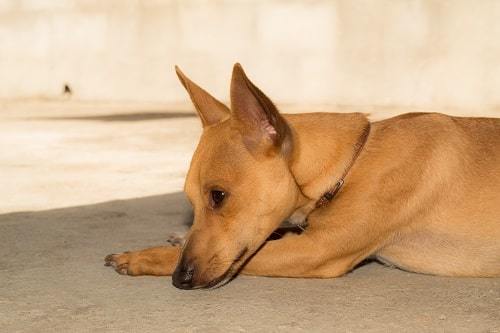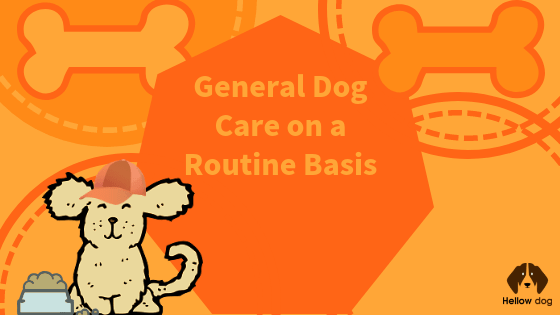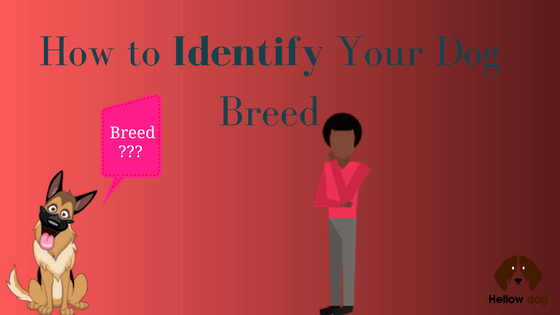
The Human Immunodeficiency Virus (HIV) is a disease that can become fatal if not well treated. If you think you are at risk of getting infected with the virus, go for a diagnosis immediately. If HIV is detected within three days of exposure, it can be stopped from developing by using Post Exposure Prophylaxis (PEP). People who have been diagnosed live. However, it’s expected of you to protect others from exposure to the virus.
But there is an increasing amount of fear among pet owners about their dogs being infected with HIV.
Will your dog be infected with HIV if it licks or bites an HIV-positive person?

Can Dogs Get AIDS and HIV?
The definitive answer to this question is a capital NO! HIV & AIDS is an acronym for Human Immunodeficiency Virus and not Dog Immunodeficiency Virus or Animal Immunodeficiency Virus, which should tell the sharp-eyed observer that the virus only attacks humans. HIV is a fragile organism that is passed from one human to another via body fluids
It is important to note that HIV is an obligate organism, i.e., it requires a live host to survive. When it leaves the human body, it can’t survive for long if it doesn’t find another human host. So, even if your dog comes in direct contact with the virus, it won’t lead to any infection in the canine. Even if your dog bites an HIV-positive person and the virus gets into his mouth, the virus can’t persist in that environment because it’s not a hospitable place for it to grow.
Can a Dog Bite Transmit HIV?
If your dog bit a person living with HIV and then bites another person immediately, will the second person be infected with HIV? In theory, this is possible. However, it’s highly unlikely for this to occur in real life. All over the world, there has never been a case of dog-transmitted HIV, despite rigorous tracking of how people get infected with the virus.
Can Your Dog Have an Immune Deficiency Disease?
While dogs can’t be infected with HIV, they can also suffer from diseases that can impair their immune system. Some of these diseases include autoimmune disorders, rheumatoid arthritis, flu, overwhelming infections, and pneumonia. Some of the symptoms of these diseases include poor appetite, fever, sneezing, cough, extreme tiredness, diarrhea, reluctance to exercise, and sickness.
When you notice any of these signs in your dog, take your animal to the vet for an examination. After examining your dog, the vet will recommend some tests that are required for a diagnosis.
How to Treat Your Dog in Case of an Immune-System Disease?
At present, any infection that affects your dog’s immune system may be due to different types of infection, but not the type that causes the HIV infection. This is because HIV is a retrovirus and no known strain of the virus exists in the canine world.
If your dog has any of these symptoms, your vet will take some of these steps for your pet.
Autoimmune diseases are treated with immunosuppressive medications which are used to stop the immune system from destroying the cells of the body. You may also need a blood transfusion to replenish the red blood cells. Anti-inflammatories are used for treating rheumatoid arthritis while antibiotic therapy is used for pneumonia.
Can a Dog Have Symptoms Similar to HIV?
Yes. While a dog can’t possibly be infected with HIV, it can also have illnesses that produce symptoms similar to that of HIV patients.
In case your dog has these symptoms, call the attention of your vet for a full checkup and blood tests to identify the cause of the problem. But remember that even if the symptoms look so much like HIV, your dog can’t be infected with the virus because it’s not a hospitable host to the organism.
Can an HIV Positive Person Own a Pet?
This is a constant source of a headache among people living with HIV. While its ideal to keep a pet for companionship and other benefits, an HIV-positive person must be careful when dealing with pets because they increase their risk of developing life-threatening illnesses. Dogs can bite and scratch, exposing the person to infections that could potentially overwhelm their already-weakened immune system. Also, pets also require cleaning responsibilities, which exposes the HIV patient to many animal-transmitted diseases that could lead to emergencies.
If you are going to own a pet as an HIV-positive person, you should be aware of the risks and ensure necessary precautions. Meanwhile, there is no risk of transmission of the disease from the owner to the animal. Before choosing any pet, make sure you can care for them without risking your health and safety.
Your dog’s enclosure may be warm and moist, a perfect breeding ground for bacteria and other parasites to grow. Watch out for dogs that have a behavioral tendency to bite or scratch during playtime.
What Dog Should an HIV-Person Go For?
As a person living with HIV, it’s important to select a dog that has been trained to do its thing outside the house to limit contact with litter. If possible, get a dog that does not bite or scratch.

What Precautions Should You Take as an HIV-Positive Pet Owner?
Pets and humans share a lot of diseases and parasites, and a person living with HIV is at a higher risk of developing these illnesses. For this reason, you should always take the following precautions when dealing with your animal:
- Be sure to wash your hands with soap and water after caring for the animal, its, toys, or its living space. This becomes more important before preparing or eating food, dressing wounds, or smoking.
- Ensure your pet is always in top shape. Go for regular vet visits, and keep your dog’s immunization up to date. Deworm and groom your dog regularly and never allow your dog to eat garbage or stool from other animals. Also, make sure your dog is free of fleas and ticks. Keeping your dog healthy and disease-free will reduce the chances of HIV patients getting infected with serious illnesses from their dogs.
- If your dog has diarrhea, call the vet immediately as it is a sign of serious underlying factors.
- Don’t go near dogs fresh out of animal shelters, pet stores, or breeders because they can carry bacteria and other disease-causing organisms that can be harmful to people with weak immune systems.
- Don’t go near a strange animal because it can bite or scratch you at short notice, increasing the chances of infection.
- Wear rubber gloves whenever you want to handle your animal’s litter. Also, remember to wash your hands with soap and water to avoid infection. Keep your animal’s nails clipped to reduce the chances of scratches.
- Never allow your dog to lick open surfaces or wounds on your body.
- In case a dog or another dog bites a person with HIV, the area should be washed with soap and water. But if a fever develops afterward, seek medical attention.
Conclusion
Dogs cannot be infected with HIV, but an HIV-positive person stands a risk of many illnesses when they keep dogs. But dogs and other companion animals can provide much-needed companionship to people with diseases that cause discrimination and stigmatization. If you must keep pets, make sure to be extra cautious to avoid animal-to-human transmitted diseases.
So, as mentioned earlier, it is understandable that HIV is an acronym for Human Immunodeficiency Virus and not Dog Immunodeficiency Virus or Animal Immunodeficiency Virus which clearly depicts that the virus only attacks humans.
Disclaimer Note:
All information contained in this website is intended for informational purposes only, as I am not a veterinarian. Furthermore, the content of the website should not be understood as an appeal to ignore the instructions or advice that may be issued by your veterinary doctor.







